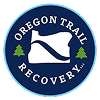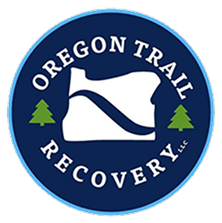Newsletter #44 - What's a Relapse Plan?

In the journey of recovery, having a plan to handle potential setbacks is crucial. A relapse plan is your safety net, a proactive strategy designed to help you navigate challenging moments and stay on track. Let’s dive into what a relapse plan is and why it’s essential for long-term sobriety.
Understanding Relapse
Relapse is a common part of the recovery process and doesn’t mean failure. It’s simply a sign that adjustments are needed in your recovery approach. A well-thought-out relapse plan prepares you for these moments, helping you to respond effectively rather than react impulsively.
Components of a Relapse Plan
Creating a relapse plan involves several key components:
- Identify Triggers: Recognize the situations, people, or emotions that might tempt you to use substances again. Understanding your triggers is the first step in managing them.
- Develop Coping Strategies: Plan out healthy ways to cope with triggers and cravings. This could include exercise, meditation, calling a friend, or engaging in a hobby.
- Support Network: Build a list of people you can reach out to when you’re feeling vulnerable. This could be family members, friends, or support group members who understand your journey and can offer encouragement.
- Emergency Contacts: Have a list of contacts for immediate help, including your therapist, sponsor, or a crisis hotline. Knowing who to call in a moment of crisis can make all the difference.
- Daily Routine: Establish a daily routine that supports your sobriety. Structure can provide stability and reduce the likelihood of encountering triggers.
- Self-Care: Incorporate self-care practices into your routine. Taking care of your physical, emotional, and mental health is vital for maintaining sobriety.
Practical Tips for Creating Your Relapse Plan:
- Be Honest: Reflect on your past experiences and be honest about what triggers you.
- Stay Flexible: Understand that your plan may need adjustments as you grow in your recovery.
- Write it Down: Document your plan and keep it accessible for times when you need it most.
- Review Regularly: Regularly review and update your plan to ensure it remains effective.
Final Thoughts
A relapse plan is an essential tool in your recovery journey. It equips you with the strategies and support you need to handle challenges and maintain your sobriety. By preparing for potential setbacks, you’re not just hoping to stay sober; you’re actively ensuring it.Remember, every step you take towards maintaining your sobriety is a victory. Embrace the power of planning and stay committed to your journey.
Best,
Ben Randolph
503-901-1836







